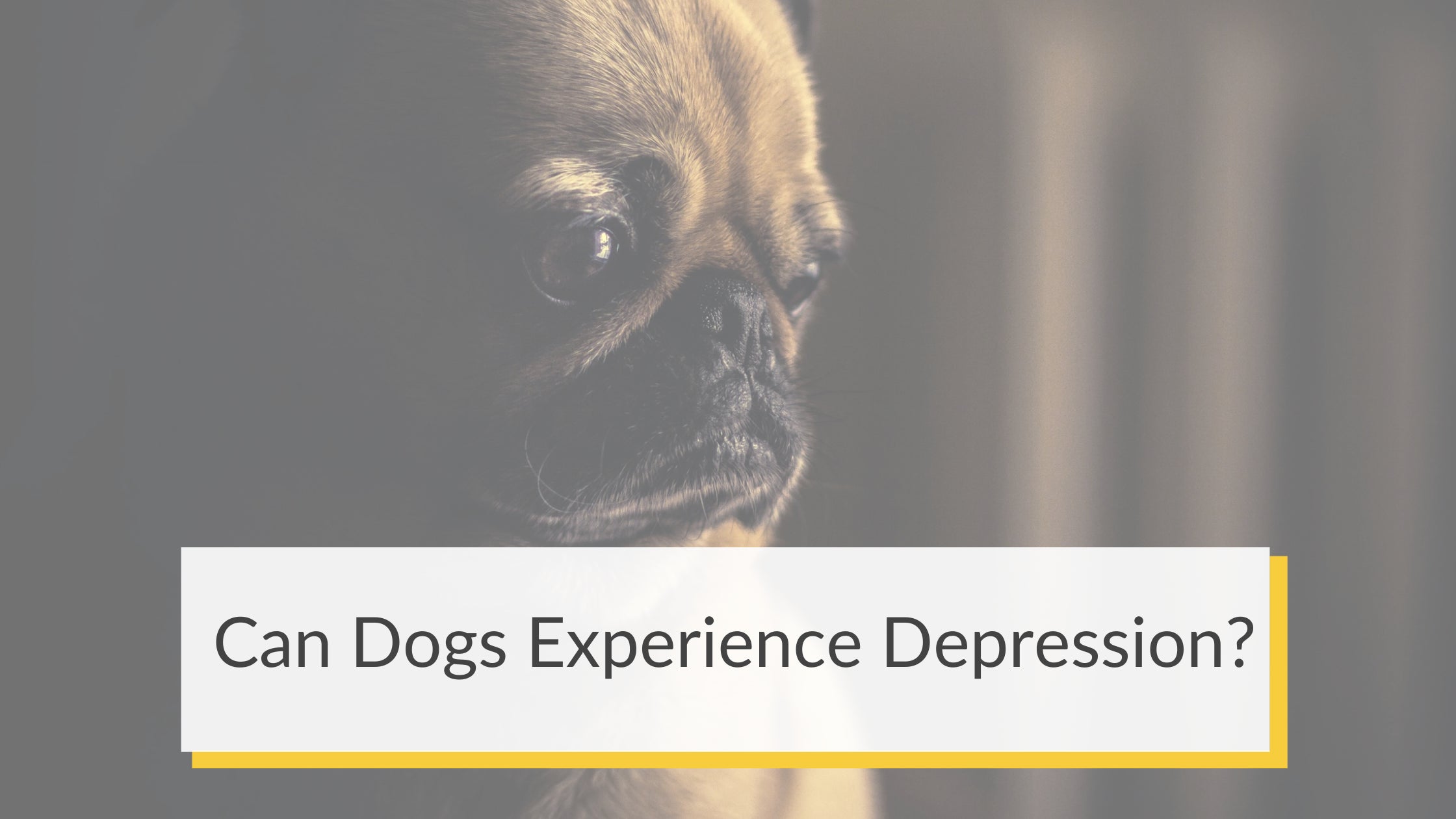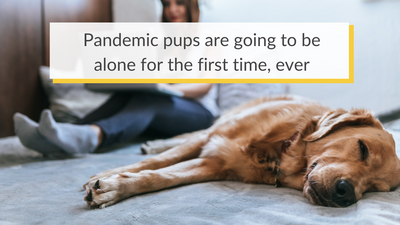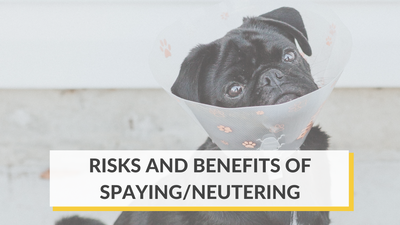We tend to think of depression as a very human ailment, but unfortunately, many of our beloved pets may suffer from the mood disorder. In fact, vets believe that dogs, cats, rabbits, and horses can all experience depression. But since these critters are unable to speak, it’s hard to make a diagnosis. That’s why we have to stay in touch with our furbabies’ behavior patterns and eating habits - we are the only ones who can speak on their behalf! So, how do we identify depression in dogs?

What are some symptoms to watch out for?
- Eating less or not at all
- Increased sleepiness
- Loss of interest in playing (if your dog had been active)
- Regression in housetraining; having accidents indoors
- Excessive licking of paws
For ALL of the above symptoms, you must have your pup checked out at the vet to rule out troublesome physical causes. If your dog gets a clean bill of health, you and your vet may need to determine whether there’s something in your dog’s life that could have led to depression.

Ask yourself these questions:
-
Has there been a major change in your dog’s life recently, such as moving to a new neighborhood?
This often contributes to canine anxiety and depression. Try to take extra time to familiarize your pup with their new surroundings, and make sure you stick to their old routine as much as you can. If you can find them a new canine pal in the area, this may help reduce their feelings of depression.
-
Has your pup lost one of their canine buddies, or even a human caregiver?
Dogs grieve deeply, and this can lead to low mood and depression. Just like with people, it will take time. If your household allows it, consider getting your dog a new friend, once you yourself are ready.
-
Could your dog be bored?
If you’ve been busier than usual, your dog may have gotten bored on their own, which can become depression if it’s perpetual. If you’re at home, try engaging with them more during the day: short games and belly rubs can really break up the day for your pup. Doggie daycare can be a great option for dogs who are well-socialized.

Bottom line: if you suspect your pup is depressed, have them cleared first at the vet. If you try these behavioral tips and they don’t alleviate the depressed symptoms over time, take your dog back to the vet. They may want to try your dog on a pill like Prozac to see if that helps lift their mood. However, positive life changes can often do wonders all on their own!













